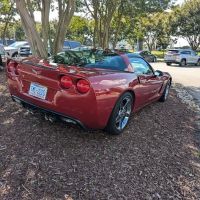North Brother Island Introduce
North Brother Island, located in the East River off the coast of the Bronx, New York, is a place steeped in history and reclaimed by nature. This enigmatic island serves as a powerful testament to New York City's complex past and the resilience of its natural environment. As a "Scenic Spot" within the platform's category, it offers a unique and compelling experience, though it differs significantly from traditionally accessible parks.
The island's environment is defined by its state of beautiful decay and burgeoning wilderness. After being abandoned for decades, nature has largely reclaimed the structures that once stood as a bustling hospital campus and later, a drug rehabilitation center. Crumbling brick buildings, overgrown with vines and trees, stand as silent sentinels, hinting at the human stories they once contained. The landscape is a striking blend of urban ruin and flourishing natural habitat, creating a truly unique visual experience. Lush vegetation, including kudzu and porcelain berry, has dramatically transformed the former manicured lawns and paved pathways into dense thickets. This wild growth underscores the island's current primary function: a protected ecological sanctuary. The shoreline shows signs of erosion, a natural process compounded by the island's abandonment. Despite the signs of human intervention and subsequent neglect, North Brother Island exudes a raw, untamed beauty that stands in stark contrast to the bustling city it borders.
Historically, North Brother Island holds significant importance. From 1881 to 1943, it housed Riverside Hospital, a quarantine facility for patients suffering from highly contagious diseases like typhoid fever and tuberculosis. It is famously known as the place where Mary Mallon, better known as "Typhoid Mary," was quarantined for decades until her death. The island was also the site of the tragic General Slocum steamship disaster in 1904, where over 1,000 lives were lost, making it one of New York City's worst maritime tragedies. Following the hospital's closure, the island briefly served as housing for WWII veterans and later as a youth drug rehabilitation center before its final abandonment in 1964. The remaining 25 buildings are in various states of extreme dilapidation, making the island inherently dangerous for casual visitors.
Given its precarious state and its critical role as a wildlife habitat, North Brother Island's services and features as a "Scenic Spot" are primarily observational and educational, rather than recreational in the traditional sense. Direct public access to the island is severely restricted by NYC Parks. Permits for visits are rarely granted and are typically limited to academic or scientific purposes, with only four permits approved per year, generally between fall and winter. Visits are strictly prohibited during the shorebird breeding season, which runs from March 21st to September 21st. Those granted access are responsible for chartering a boat and must be accompanied by NYC Parks staff. The decaying structures, while historically significant, pose considerable safety threats due to their instability and the potential presence of hazardous materials like asbestos.
However, the island's true feature as a "Scenic Spot" lies in its vital ecological role. North Brother Island is part of the Harbor Herons Region, a nationally recognized complex of uninhabited islands and expansive marshes within New York City that are essential for shorebirds. It provides crucial nesting and foraging grounds for a variety of colonial wading birds, including gulls, herons, cormorants, and egrets. These birds prefer the seclusion of such islands for raising their young, a fact that largely dictates the island's restricted access policy. The island's overgrown landscape, while appearing wild and untamed, serves as a natural sanctuary, allowing these bird populations to thrive away from human disturbance and mammalian predators. Conservation efforts focus on maintaining this delicate ecosystem, including the removal of invasive plant species to support native flora and provide optimal habitat for the birds.
For local users interested in experiencing North Brother Island as a "Scenic Spot," the primary service offered is through guided boat tours that circumnavigate the island without allowing disembarkation. Companies like Classic Harbor Line offer "Urban Naturalist Tours" that sail past North and South Brother Islands, providing rich narration on their history, ecology, and current conservation efforts. These tours allow visitors to observe the island's unique environment, its crumbling architecture being reclaimed by nature, and its abundant birdlife from a safe and respectful distance. This is the most practical and recommended way to appreciate North Brother Island's beauty and historical significance as a scenic attraction. These tours typically include commentary from urban naturalists, enhancing the educational aspect of the experience. While specific goods for sale directly related to North Brother Island are not explicitly listed as a service on the island itself due to its restricted nature, tour operators might offer general refreshments or souvenirs related to their broader New York Harbor cruises.
In summary, North Brother Island is a compelling "Scenic Spot" that offers a profound connection to New York City's past and its ongoing natural resurgence. While not a park in the conventional sense with walking trails or picnic areas, its unique environment, historical gravity, and crucial role as a wildlife sanctuary make it a remarkable place to witness. The promotional information for this "Scenic Spot" would emphasize its historical intrigue, the eerie beauty of its abandoned structures, and its importance as a haven for diverse bird species. The experience is about observation and appreciation of a landscape where nature has powerfully asserted its dominance over human endeavors, offering a truly singular perspective on the urban wilderness.
North Brother Island Photos
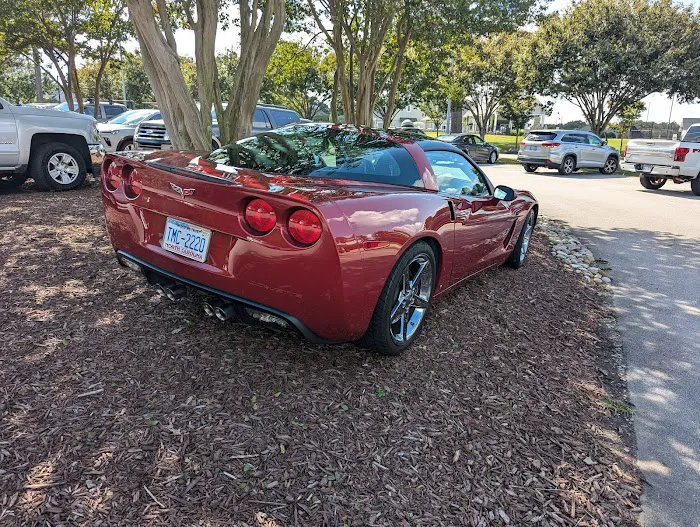
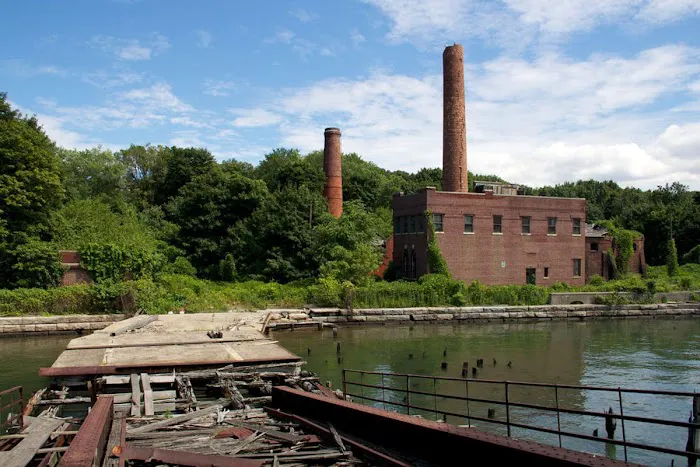
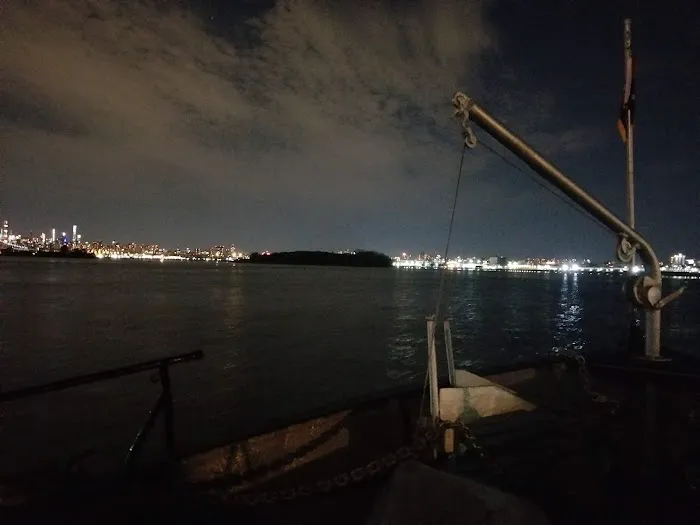
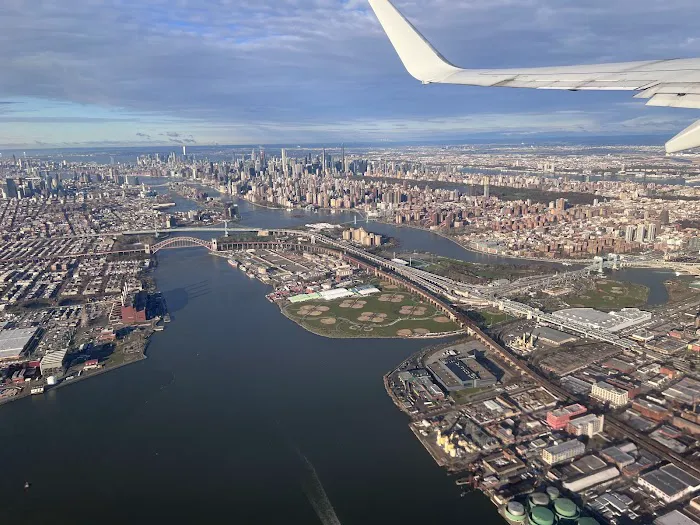
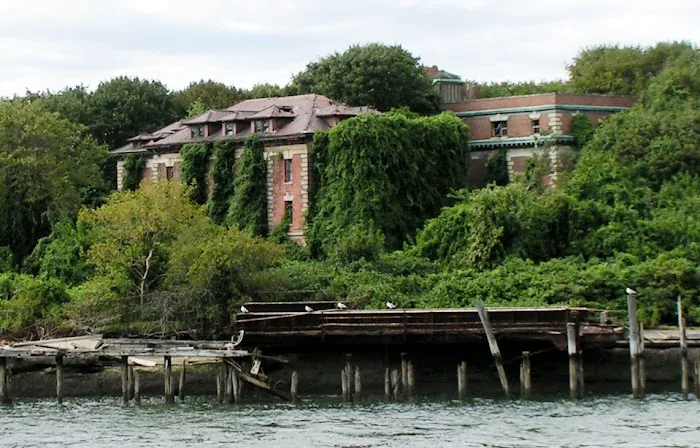
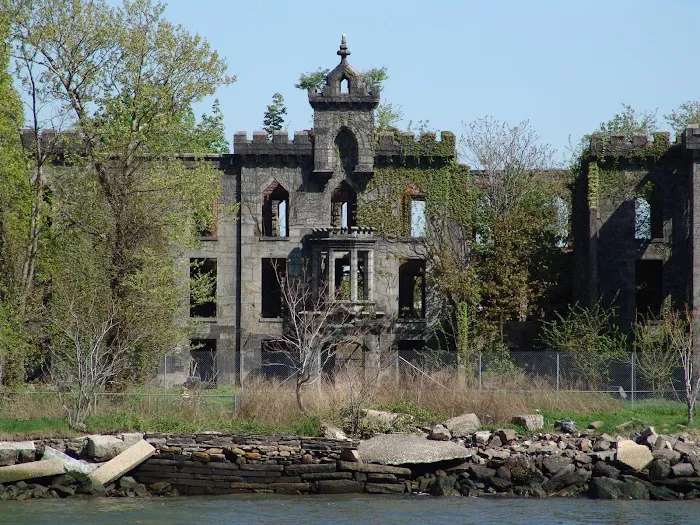
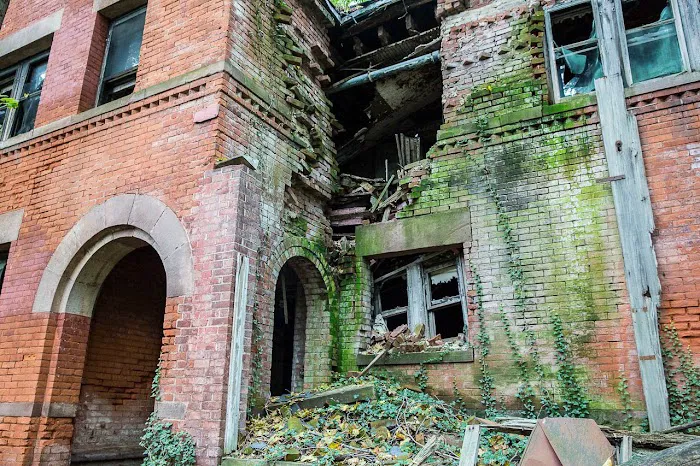
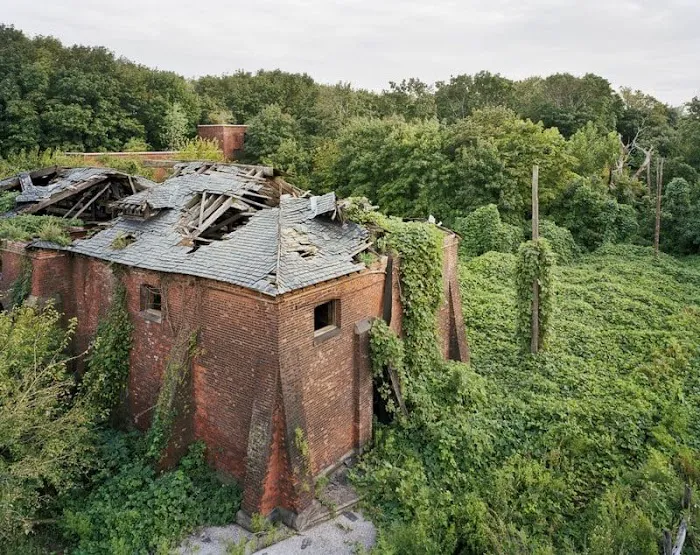
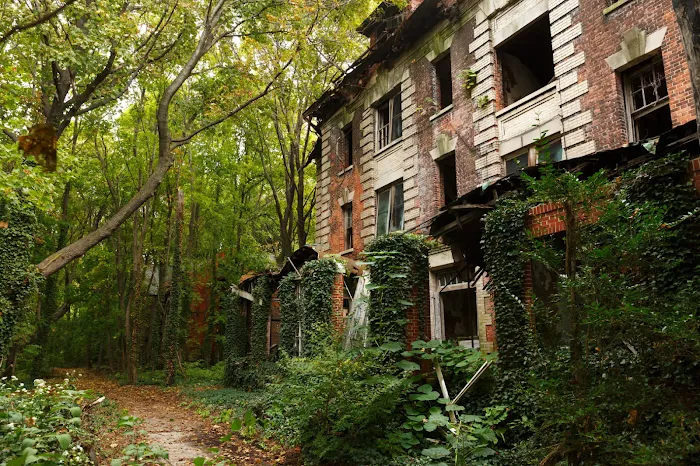
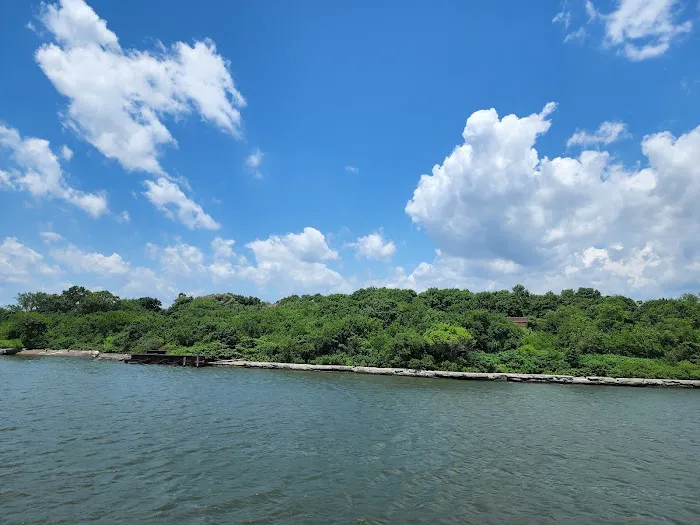
North Brother Island Location
North Brother Island
Bronx, NY 10454, USA
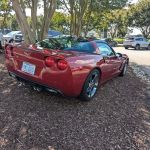 North Brother Island
North Brother IslandBronx
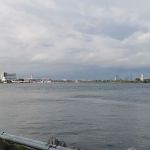 Tiffany Street Pier
Tiffany Street PierTiffany St &
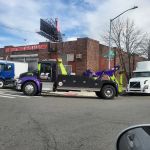 Martin Luther King Triangle
Martin Luther King TriangleAustin Pl. &
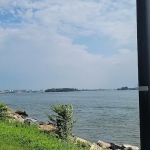 Stephen Perry Grove
Stephen Perry Grove43 Sunken Meadow Loop
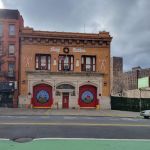 Gouverneur Morris Square
Gouverneur Morris SquareBronx
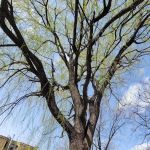 138th Street Community Garden
138th Street Community Garden624 E 138th St
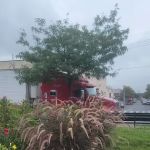 Fufidio Triangle
Fufidio TriangleSpofford Avenue &
 Demera/Santiago Garden
Demera/Santiago Garden671 Kelly St
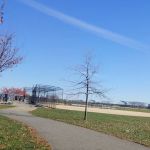 Randall’s Island Field #13
Randall’s Island Field #1343 Sunken Meadow Loop
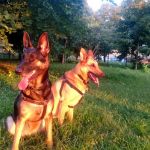 Joseph Rodman Drake Park & Enslaved African Burial Ground
Joseph Rodman Drake Park & Enslaved African Burial GroundDrake Park South &
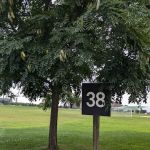 Randall’s Island Field #38
Randall’s Island Field #38Sunken Meadow Loop
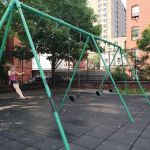 People's Park
People's Park535 E 141st St
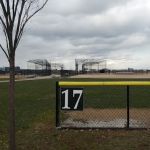 Randalls Island Field 17
Randalls Island Field 17Sunken Meadow Loop
North Brother Island Reviews
Typhoid Mary was a bit unfriendly which I kinda get given the circumstances, but overall she didn't bother us too much. We did catch typhoid fever for her though, which sucks.
Jun 05, 2024 · Abraham Ben-dayanthey should throw a rave here
Nov 30, 2024 · aria ;xMy great-grandma’s friend Mary lived here for many many years.
Sep 17, 2023 · Mitch HippThe wildlife is wonderful but the accommodations are a bit dated.
Mar 15, 2022 · VictoriaIt cool
Jun 25, 2024 · Urban Articles NYC
More Scenic Spot
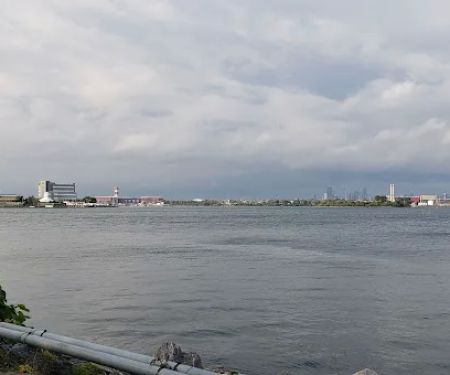 Tiffany Street Pier4.0 (61 reviews)
Tiffany Street Pier4.0 (61 reviews)Tiffany St &, Viele Ave, Bronx, NY 10455, USA
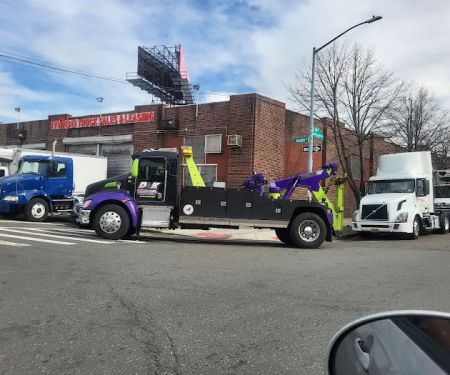 Martin Luther King Triangle3.0 (9 reviews)
Martin Luther King Triangle3.0 (9 reviews)Austin Pl. &, E 149th St, Bronx, NY 10455, USA
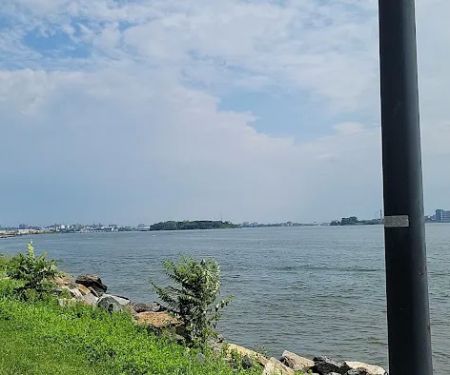 Stephen Perry Grove0.0 (0 reviews)
Stephen Perry Grove0.0 (0 reviews)43 Sunken Meadow Loop, Astoria, NY 11105, USA
 Gouverneur Morris Square4.0 (10 reviews)
Gouverneur Morris Square4.0 (10 reviews)Bronx, NY 10454, USA
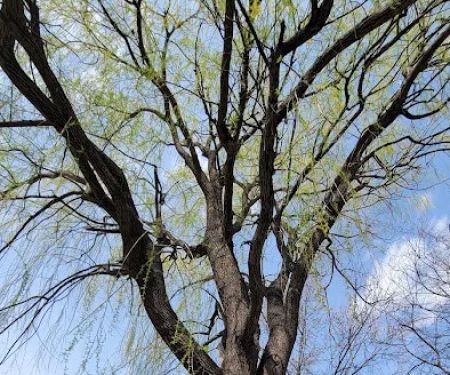 138th Street Community Garden4.0 (38 reviews)
138th Street Community Garden4.0 (38 reviews)624 E 138th St, Bronx, NY 10454, USA
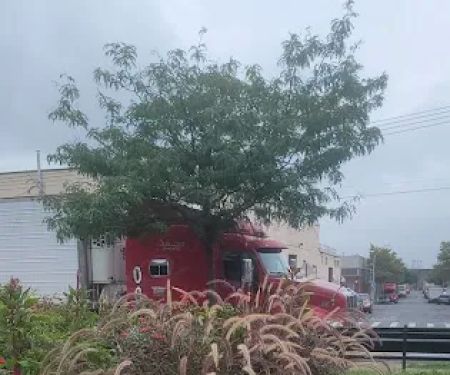 Fufidio Triangle4.0 (14 reviews)
Fufidio Triangle4.0 (14 reviews)Spofford Avenue &, Tiffany St, Bronx, NY 10474, USA
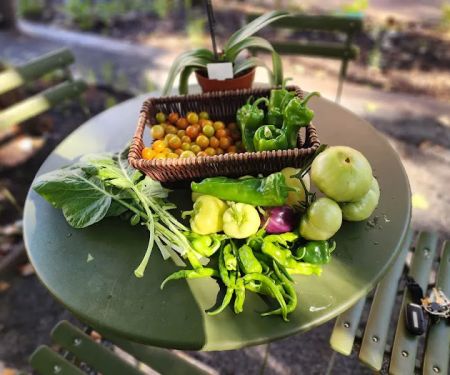 Demera/Santiago Garden2.0 (5 reviews)
Demera/Santiago Garden2.0 (5 reviews)671 Kelly St, Bronx, NY 10455, USA
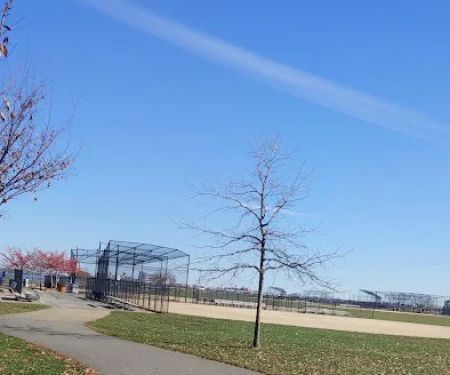 Randall’s Island Field #134.0 (7 reviews)
Randall’s Island Field #134.0 (7 reviews)43 Sunken Meadow Loop, Astoria, NY 11105, USA
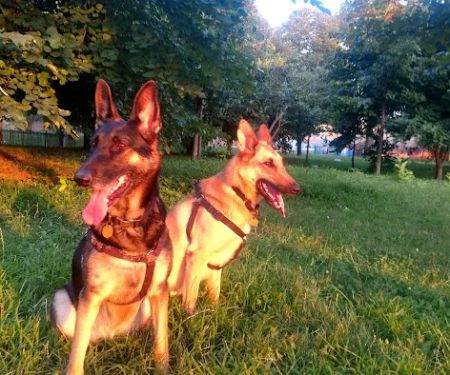 Joseph Rodman Drake Park & Enslaved African Burial Ground4.0 (40 reviews)
Joseph Rodman Drake Park & Enslaved African Burial Ground4.0 (40 reviews)Drake Park South &, Hunts Point Ave, Bronx, NY 10474, USA
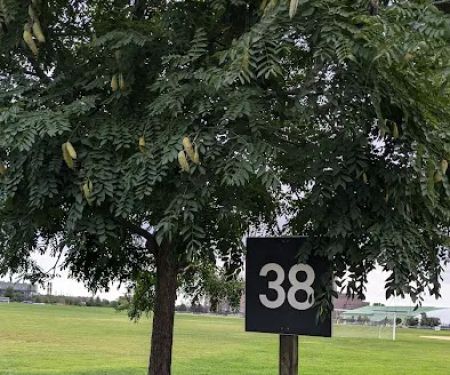 Randall’s Island Field #384.0 (6 reviews)
Randall’s Island Field #384.0 (6 reviews)Sunken Meadow Loop, New York, NY 10035, USA
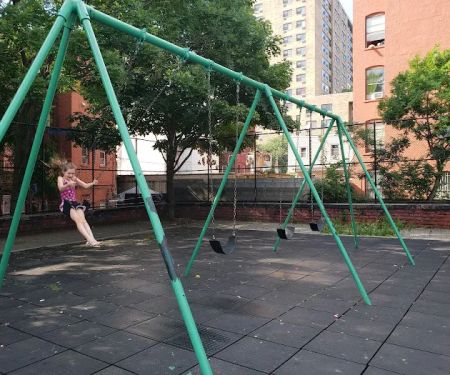 People's Park4.0 (217 reviews)
People's Park4.0 (217 reviews)535 E 141st St, Bronx, NY 10454, USA
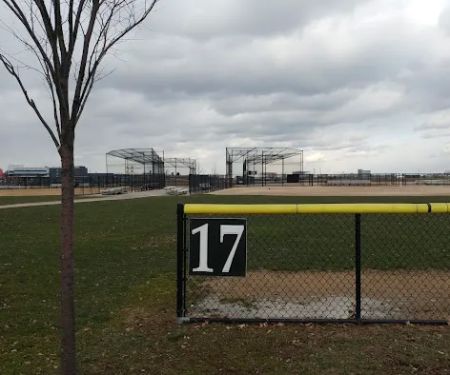 Randalls Island Field 175.0 (2 reviews)
Randalls Island Field 175.0 (2 reviews)Sunken Meadow Loop, New York, NY 10035, USA
Categories
Popular Camping Sites
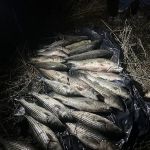 Charles E. Wheeler Wildlife Mangement Area0.0 (0 reviews)
Charles E. Wheeler Wildlife Mangement Area0.0 (0 reviews)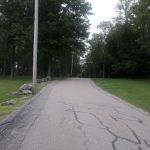 Memorial Park0.0 (0 reviews)
Memorial Park0.0 (0 reviews)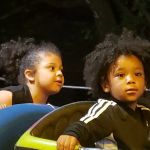 Erie Park3.0 (5 reviews)
Erie Park3.0 (5 reviews)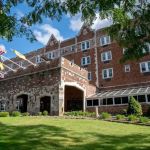 The Albion Summit Hotel4.0 (25 reviews)
The Albion Summit Hotel4.0 (25 reviews)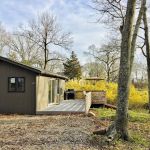 419 Harbor Hilltop Cottage0.0 (0 reviews)
419 Harbor Hilltop Cottage0.0 (0 reviews)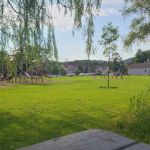 Hatters Park4.0 (23 reviews)
Hatters Park4.0 (23 reviews)Trending Camping Blog Posts
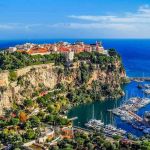 Top Group Travel Destinations in Europe: Best Places for Group Vacations
Top Group Travel Destinations in Europe: Best Places for Group Vacations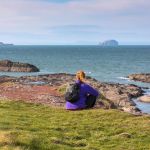 How to Get Involved in Travel Clans for Social Travel: Explore Group Travel Opportunities
How to Get Involved in Travel Clans for Social Travel: Explore Group Travel Opportunities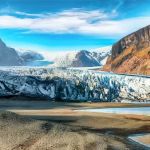 Best Travel Clans for Sustainable Travel
Best Travel Clans for Sustainable Travel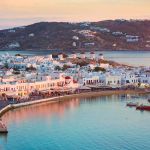 Best Group Vacation Destinations for Friends: Ultimate Travel Ideas
Best Group Vacation Destinations for Friends: Ultimate Travel Ideas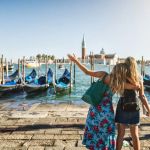 Travel Clans for Solo Travelers Looking for Company: Join Unique Travel Communities
Travel Clans for Solo Travelers Looking for Company: Join Unique Travel Communities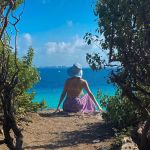 Best Travel Clans for Women Traveling Together
Best Travel Clans for Women Traveling Together 
